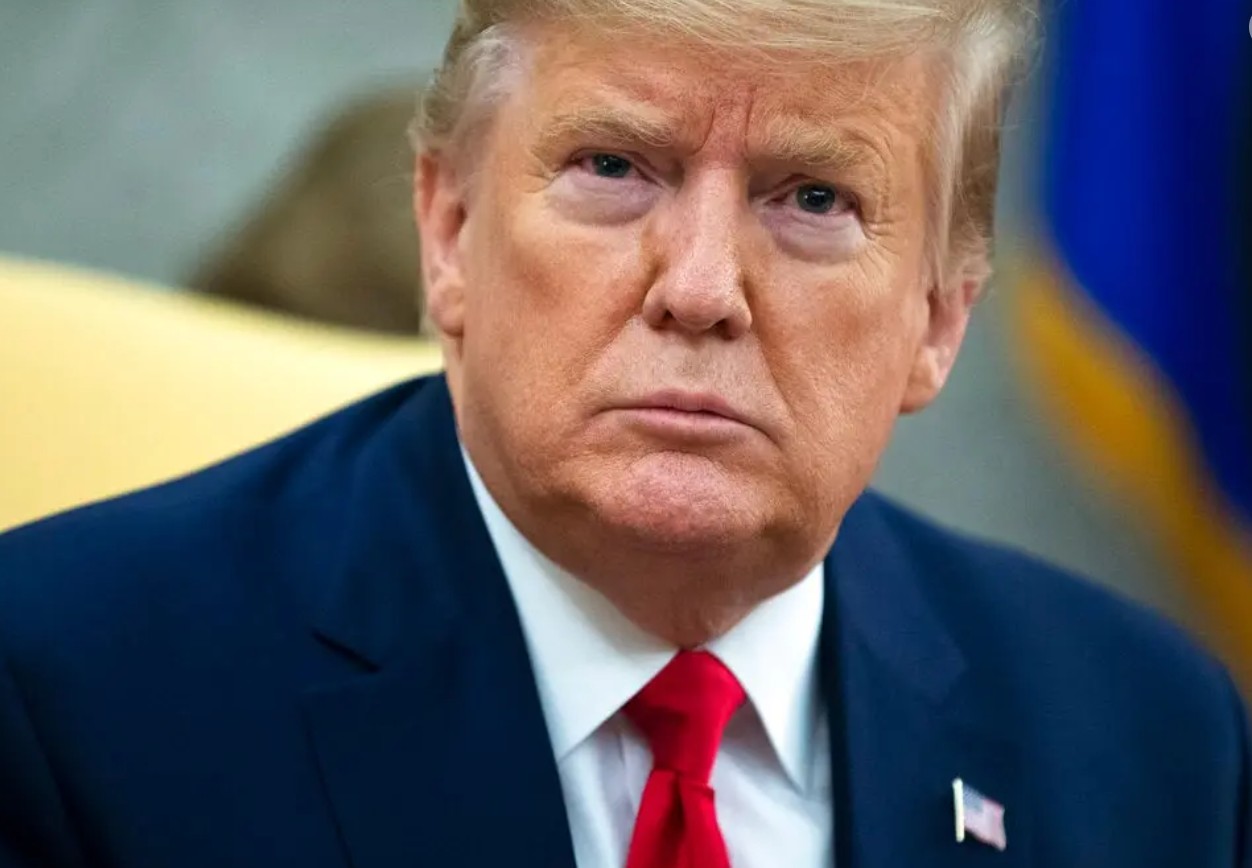Tensions in the Middle East Rise as the Trump Administration Launches Airstrikes on Houthi Rebels
Ahn Soyeon (SNUAC)
On March 15, U.S. President Donald Trump initiated airstrikes against the Yemeni armed group Houthi rebels, which are reportedly supported by Iran. This action is considered the first major overseas airstrike since the inauguration of Trump’s second term. President Trump explained that the strikes were a response to recent attacks by the Houthi rebels on U.S. warships, commercial vessels, and aircraft in areas such as the Red Sea and Gulf of Aden. Between November 2023 and January of this year, the Houthi rebels aggressively attacked over 100 commercial vessels using missiles and drones, and they claimed that their actions were aimed at ending Israel’s war on Hamas in the Gaza Strip. In contrast, President Trump re-designated the Houthi rebels as a Foreign Terrorist Organization (FTO) in January.
On his social media platform, Truth Social, Trump stated that the U.S. administration was targeting the Houthi rebels for their ruthless piracy, violence, and terrorism. He further warned that if the Houthi rebels were to launch retaliatory attacks against U.S. forces, he would hold Iran—identified as their supporter—responsible. In response, the Supreme Commander of Iran’s Islamic Revolutionary Guard Corps maintained that despite U.S. threats, the Houthi rebels operate independently and make their own strategic and operational decisions. Additionally, Iran’s Ministry of Foreign Affairs condemned the airstrikes on Yemen, calling them a violation of the principles of the United Nations Charter and the basic rules of international law.
Moreover, the timing of the U.S. airstrikes has attracted attention, as they followed reports that President Trump had sent a letter to Iran’s Supreme Leader, Ayatollah Khamenei, concerning nuclear negotiations. The situation has been further complicated by Israel resuming airstrikes in the Gaza Strip on March 18, which has only increased concerns over instability in the Middle East.
미국 트럼프 행정부의 후티 반군에 대한 공습 개시로 중동 지역 긴장 재고조
안소연 (아시아연구소)
미국 도널드 트럼프 대통령이 이란의 후원을 받는 것으로 알려진 예멘 무장 단체 후티 반군에 대한 공습을 3월 15일 개시하였다. 이는 트럼프 2기 행정부 취임 이후 시행된 대규모 첫 해외 공습으로 여겨진다. 트럼프 대통령은 최근 후티 반군이 홍해와 아덴만 등에서 미국의 군함, 상선, 항공기 등을 공격하여 이에 대한 대응으로 공습을 개시했다고 전했다. 후티 반군은 2023년 11월부터 올해 1월까지 미사일과 드론으로 100척 이상의 상선을 공격하는 등 공격적 행보를 보여왔다. 후티 반군은 가자 지구에서 하마스에 대한 이스라엘의 전쟁을 끝내는 것을 목표로 공격을 감행했다고 주장해왔다. 반면 트럼프 대통령은 지난 1월 후티 반군을 외국 테러 조직(FTO)으로 재지정했다.
트럼프는 자신의 소셜미디어 플랫폼 트루스 소셜에 미 행정부는 후티반군의 무자비한 해적 행위, 폭력, 테러리즘을 겨냥한 것이라고 밝혔다. 또한 추가로 트럼프 대통령은 후티 반군이 미군에 대한 보복 공격을 감행할 경우 후티 지원 세력인 이란에 책임을 묻겠다고 경고하였다.
이번 미국의 후티 반군 공습과 관하여 이란 혁명수비대 최고사령관은 미국의 위협에 대해 후티 반군은 독립적이며 그들 나름의 전략적, 작전적 결정을 내린 것이라고 밝혔다. 또한, 이란 외무부는 예멘에 대한 공습을 유엔 헌장의 원칙과 국제법 기본 규칙에 대한 위반이라고 비난하였다.
한편, 이번 미국의 후티 반군 공습은 트럼프 대통령이 핵 협상과 관련하여 아야톨라 하메네이 이란 최고 지도자에 서신을 보낸 것으로 알려진 후에 나온 것으로 그 배경에 귀추가 주목되고 있다. 또한, 이스라엘은 가자 지구에 대한 공습을 3월 18일 재개하면서 중동 지역의 정정 불안 우려가 더욱 커지고 있다.

